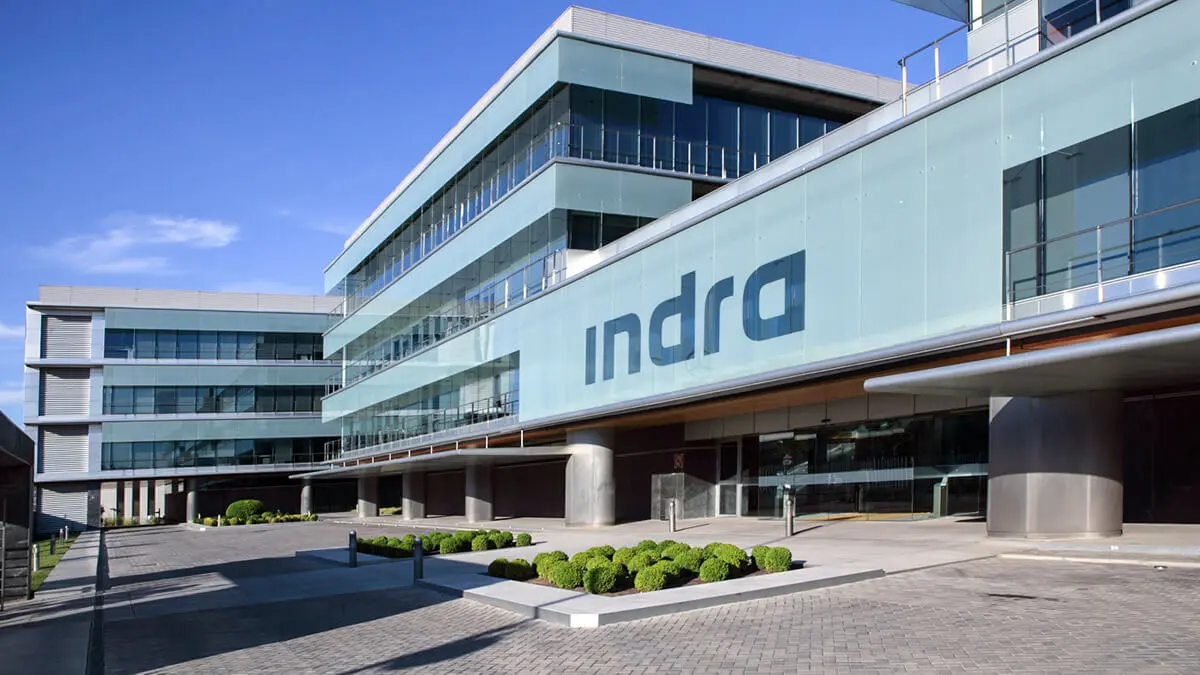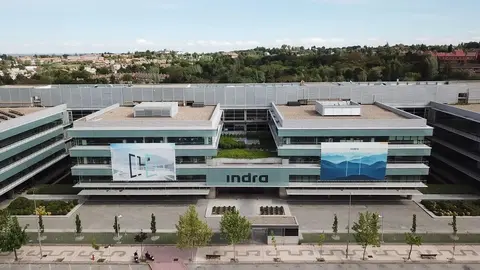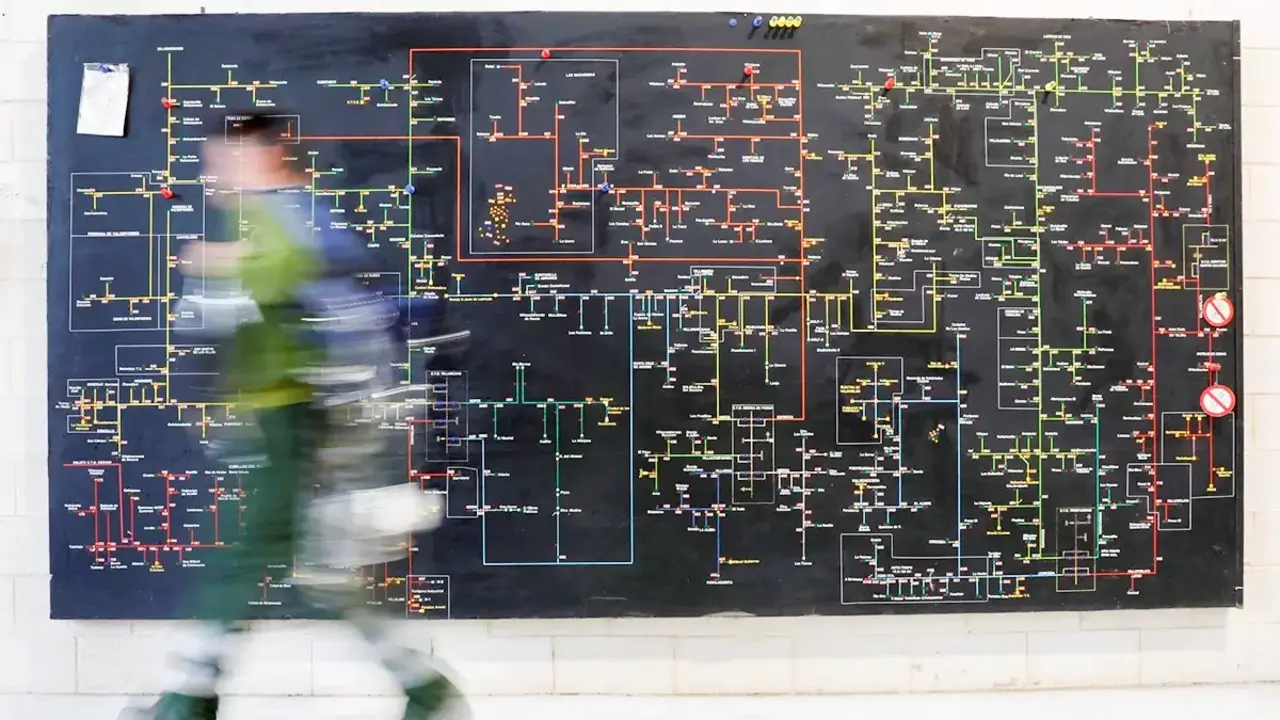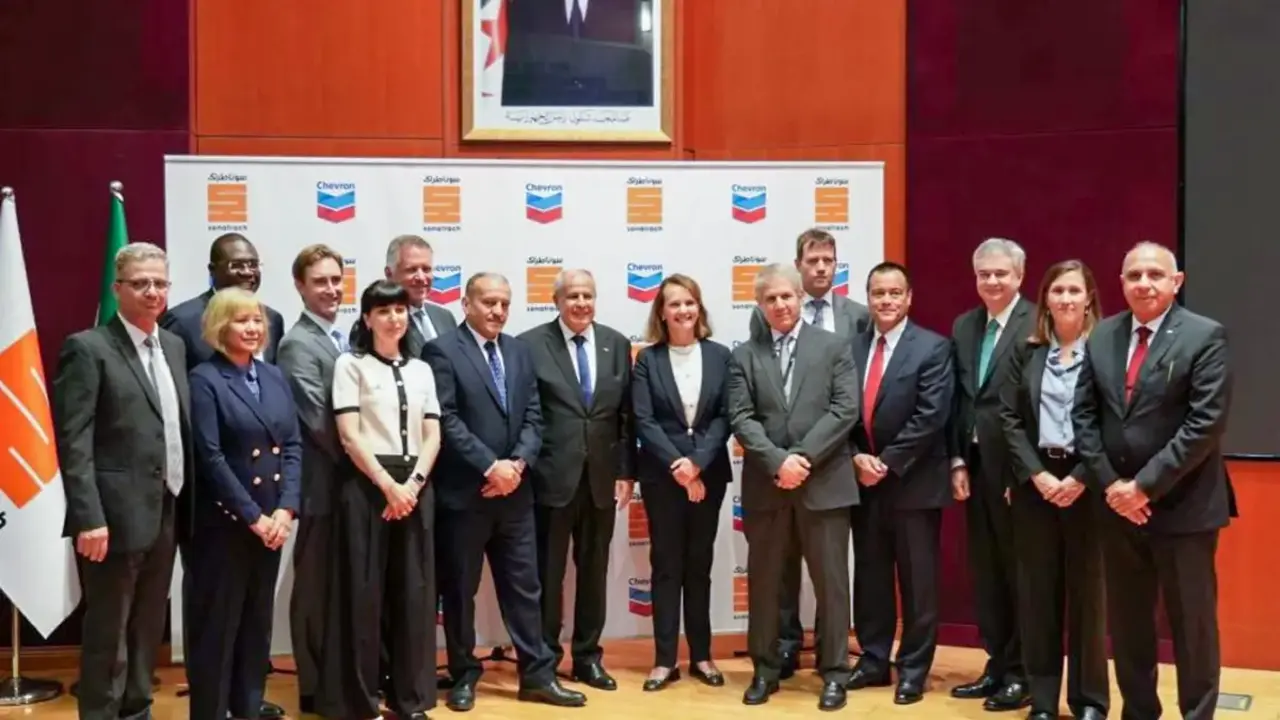Minsait accelerates the adoption of AI in the transformation of its services, productivity and software development quality

Minsait, an Indra company, is accelerating the scaling of artificial intelligence within its processes and is taking off the application of this resource, both in its offer to clients and in the company's own internal transformation, in areas as important as the development of software solutions, the optimisation of services or its own internal productivity.
As Luis Abril, executive director of Indra and CEO of Minsait, explains: "We are the most advanced company in the deployment of co-piloting tools for software development; a technology company that not only advances in its own adoption of AI, but is also leading the scaling of this resource in many other organisations. All this allows us to have an advanced vision of the impact that artificial intelligence has on internal processes and requires us to have the best solutions for AI to be the ally it is intended to be, incorporating it into the offer to our customers, but also in our own developments or operations. It is necessary to apply all its power to generate efficiencies in services, and to help us be more competitive, gaining productivity and guaranteeing quality".
This scaling of AI is linked to the strategic, operational and cultural transformation plan in which Minsait has been immersed since November 2023, the focus of which was the internal advancement of the mass adoption of artificial intelligence in all its derivatives. To this end, it has created EscuderIA Minsait, an internal programme that accelerates the adoption of the use of GitHub Copilot by its development teams, a solution developed by GitHub, OpenAI and Microsoft, based on a generative AI model. It is a coding assistant that helps programmers generate code and test cases efficiently, consistently, with high quality and including good security practices. It enables the interpretation of existing code in natural language and accompanies experts at all times during the programming process, either by offering suggestions for building the software in a semi-automatic way or by compiling documentation.
However, the incorporation of AI into software development is just one of the areas in which the digital company is working on the internal adoption of artificial intelligence. Alongside this, the company is also transforming its processes in two other very specific areas: the evolution of the services and solutions it provides to its customers; and the internal productivity of its professionals.
Thus, as part of the transformation of its services and offering, the technology company has identified accelerators and proprietary solutions that combine robotisation with Traditional AI and Generative AI (which it has called alIAdos) directly linked to its evolution and operation, not only in its offering of solutions, but also in the way it does things for its customers, such as such automatic and necessary processes as forecasting demand, extracting information for forms, functional support assistance, etc.
Finally, Minsait has extended the use of Copilot for Microsoft 365 within its internal productivity, a Microsoft solution that the company is helping to deploy in other organisations. This escalation of artificial intelligence is enabling Minsait to standardise processes that until now were carried out mechanically and did not represent much input for its experts, such as drafting e-mails, making PowerPoint presentations, recording meetings, automatically preparing Excel sheets or translating meetings into other languages.
From resistance to change, to the professional adaptation itself or the threat of stagnation in the level of growth and results, the challenges faced when incorporating assistants and scaling AI within companies are not few. However, Minsait reminds us that specialised support, the retraining of professionals and the availability of a methodology based on measurement, which allows us to re-evaluate the actions taken, are basic premises for this resource to penetrate organisations with guarantees.
Software development
One of the major business applications where AI is already demonstrating its capabilities as an ally is in the co-piloting of software development. In this area, Minsait's progress is particularly relevant, where it already has more than 2,500 co-piloting licences and plans to involve more than 10,000 professionals in change management in the medium term.
To date, the company underlines its satisfaction with the acceptance rates achieved in the use of this tool: in 77% of cases, the level of quality in the analysis of the codes developed is considered to be High or Very High; and 90% of users have already recommended the use of GitHub Copilot to other professionals. By profiles, the digital company has found that the youngest users have a greater adaptation to copilot as a "co-worker", as they rely directly on it and gain greater autonomy. Older professionals have been more reluctant to adapt initially, although, once this phase has been overcome, it has become an ally to focus on new perspectives in the development of innovative solutions.
More than 550 Minsait work teams, from more than 10 geographies, are working on the implementation of a proprietary methodology based on measurement and continuous improvement; and they share information and consultations in an internal community already comprising 2,130 members, since interaction between people and the sharing of use cases has proven to be one of the great driving forces behind AI in the structure of organisations.










